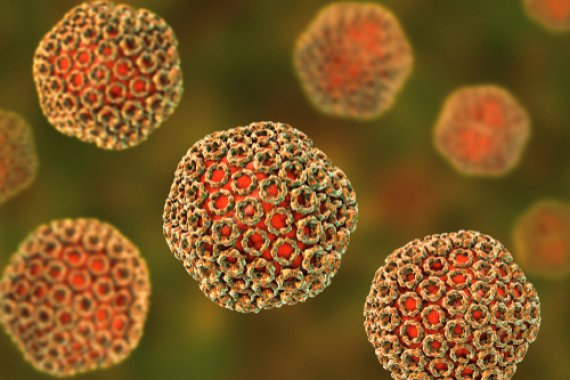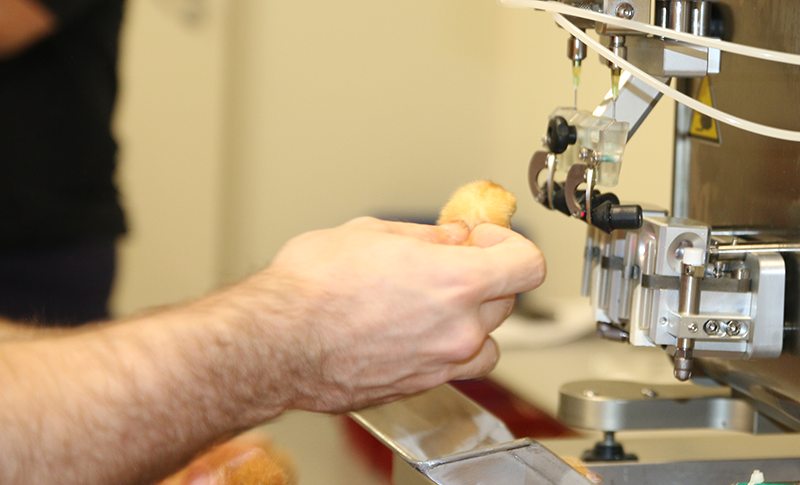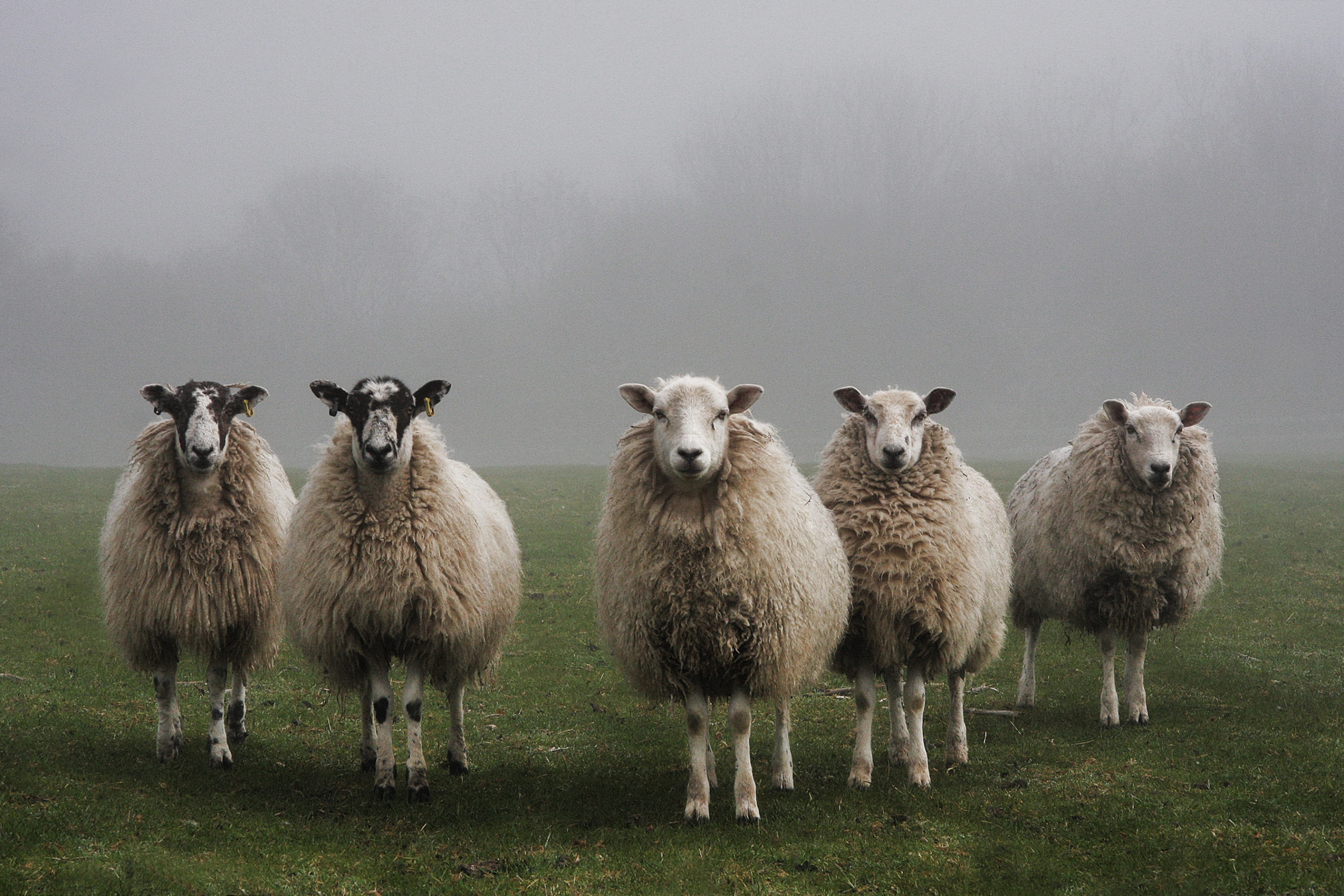Together with European partners, Wageningen Bioveterinary Research will be developing a vaccine against the Rift Valley virus. This virus, which can be transmitted by mosquitoes, is emerging from Africa and poses a danger to both humans and cattle.
The Wageningen institute in Lelystad will receive 12.5 million dollar from the Coalition for Epidemic Preparedness Innovations (CEPI). This is an alliance of public, private, philanthropic and civil organisations that focuses on the development of vaccines in order to prevent future epidemics. Jeroen Kortekaas, virologist at WUR, will lead the researchers in the production of a vaccine. The research will include a study into the vaccine’s effectiveness and safety on humans.
Virus
The Rift Valley fever virus currently causes farm animal deaths in African countries, but it also poses a danger to humans. Although the virus mainly infects humans through contact with the blood and organs of infected animals, people can also get infected through infected mosquito bites. Around one in 100 infected people do not survive an infection with Rift Valley fever. The virus is among the top 10 pathogens for which the World Health Organization (WHO) is urgently pressing for vaccines. The virus currently also circulates on the Arabian Peninsula and poses a risk for Europe.
Vaccine
Research at Wageningen Bioveterinary Research has previously shown that Dutch mosquitoes can transmit the virus. The institute also developed a live-attenuated vaccine for animals that optimally combines safety and effectiveness. In this new collaboration with CEPI, project leader Jeroen Kortekaas will investigate the applicability and safety of a comparable vaccine for humans.
BunyaVax
Wageningen Bioveterinary Research will carry out a preclinical study into the safety and effectiveness of the RVFV-4s vaccine. The BunyaVax BV company, a spin-off of the WUR institute, will provide the technology and take on the project management. The German partner IDT Biologika GmbH will produce the vaccine and Ghent University will perform the clinical studies.
Financing
CEPI receives support from the EU’s Horizon 2020 research and innovation programme in its investment for the vaccine. CEPI also received multi-year funding from Norway, Germany, Japan, Canada, Australia, the Bill & Melinda Gates Foundation and the British charity organisation Wellcome. Since its launch in 2017, CEPI has already invested 380 million dollars in vaccines against deadly viruses.

 Photo: Shutterstock
Photo: Shutterstock 

